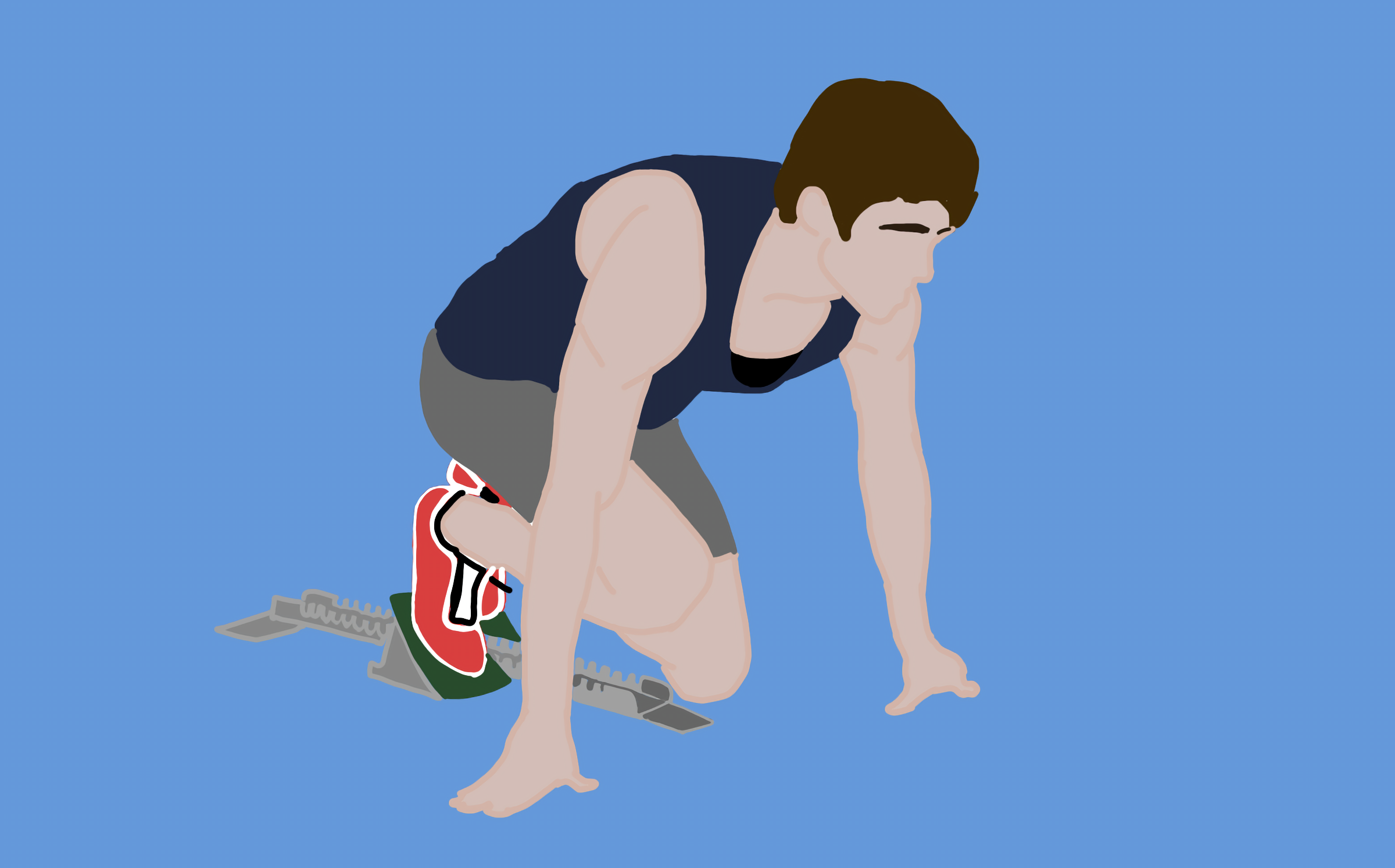
Few negotiations, if any, will reach a mutual agreement unless you are both willing to make concessions.
As described in the previous article, these should be made based on facts and not due to pressure from your counterpart. But the way they are presented is also important.
Research has shown that the majority of people are happier finding, for example, €10 two days in a row compared to finding €20 one day. So what does this mean for a negotiation?
Make sure to break down your concessions into smaller chunks, your counterpart will feel like they have achieved more.
By doing so, you also avoid another potential pitfall. You may think that by putting a big concession on the table immediately, you will be able to end the negotiation quickly and catch the earlier flight home (being guilty of this myself on more than one occasion). And sure, there are people out there who will see this gesture for what it is and quickly reach an agreement. But many will also think to themselves that if one is willing to give so much so quickly, there must be much more to be gained and then continue to push for further concessions.
I have seen this escalate into conflict where the party making the big concession thinks they have been generous and gets frustrated when the other side pushes for more concessions, while the other side gets frustrated when the other party refuses to make more concessions despite the initial big concession.
Plan your concessions before you start your negotiation!
Latest articles
Start learning today!
Discover our extensive range of courses and trainings designed to help you on your learning journey.





